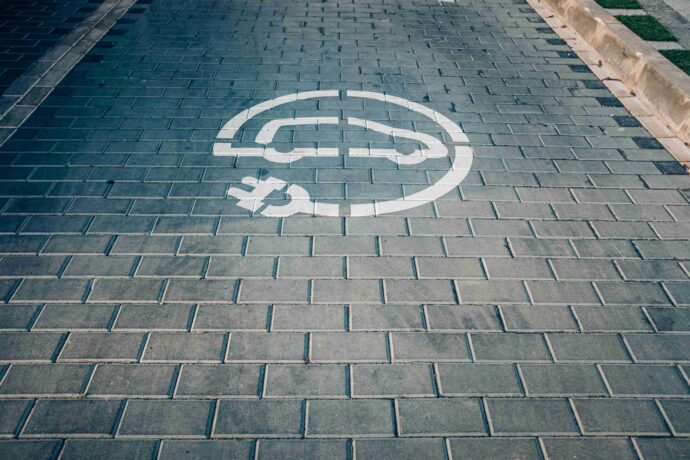
Commercial vehicles in 2025: higher costs and zero-emission zones
From 2025, Dutch entrepreneurs will have to deal with important changes in the laws and regulations regarding company cars. These changes are related to the disappearance of the BPM exemption for entrepreneurs and the introduction of zero-emission zones in many (large) cities, which means that the business operations of many large and small companies will have to be overhauled. In this blog we explain what these changes entail, discuss the consequences for entrepreneurs and explain how short-term leasing can be a flexible and efficient solution to this problem.
The abolition of the BPM exemption
At the moment, entrepreneurs do not have to pay Passenger Car and Motorcycle Tax (BPM) when purchasing a new company car. However, this exemption will be abolished from 2025. This means that you will have to pay the full BPM when purchasing a new company car, whether diesel, petrol or hybrid. The amount of BPM you have to pay depends on the CO2 emissions of the company car. The rate has been set at €66.91 per gram of CO2 emissions. This ultimately amounts to an average increase of €13,000 per company car and will therefore lead to significantly higher costs for the purchase of new company cars.
The introduction of zero-emission zones
At the same time as these tax changes, zero-emission zones will be implemented in many Dutch cities from 2025. This means that commercial vehicles running on diesel or petrol are no longer allowed to enter these zones. For companies that primarily provide services and/or goods in these zero-emission cities, this change poses significant operational challenges. In order to continue to do their work in these cities in the future, they are forced to switch to an electric or other emission-free vehicle.
Consequences for entrepreneurs
The combination of these new rules means that entrepreneurs who want or need to purchase a new company car will be confronted with higher purchase costs and operational challenges. It may also be that entrepreneurs with outdated company cars are forced to switch to a new(er) vehicle due to the zero-emission zones, but are not yet ready to drive electric. They will also have to deal with significant price increases and scarcity on the market.
Short lease as a flexible solution
With these upcoming changes, short lease can offer an attractive option for entrepreneurs. Short lease combines the flexibility and short term of renting with the benefits of leasing. This offers, among others, the following advantages:
- Flexibility: entrepreneurs can respond quickly and easily to changes by entering into short-term lease contracts. This makes it easier for them to switch to zero-emission vehicles, without incurring long-term financial obligations.
- Less risk: due to the shorter lease periods, entrepreneurs are not tied to a vehicle that may no longer be suitable for the company thanks to the new regulations. This reduces your risk and can result in significant cost savings.
- Try electric: With a short lease, companies have the opportunity to try out electric vehicles for the short term, without being tied to the obligations of a long contract. They can partially electrify their fleet with short-term leasing, so that they can make an informed decision about the future composition of the fleet.
Conclusion
The introduction of zero-emission zones and the disappearance of the BPM exemption for entrepreneurs will have a major impact on Dutch entrepreneurs and their fleet in 2025. While these changes pose a challenge, short lease offers a flexible solution without major financial risks. With short lease, entrepreneurs can respond efficiently to these changes, without being tied to long-term contracts. By anticipating these changes, companies can not only save costs, but also optimize their fleet now for the future. Don't be surprised by the future and act now!
The advantages of Shortleaseland
- Delivery throughout the Netherlands
- No annual reports required
- A quote within 5 minutes
